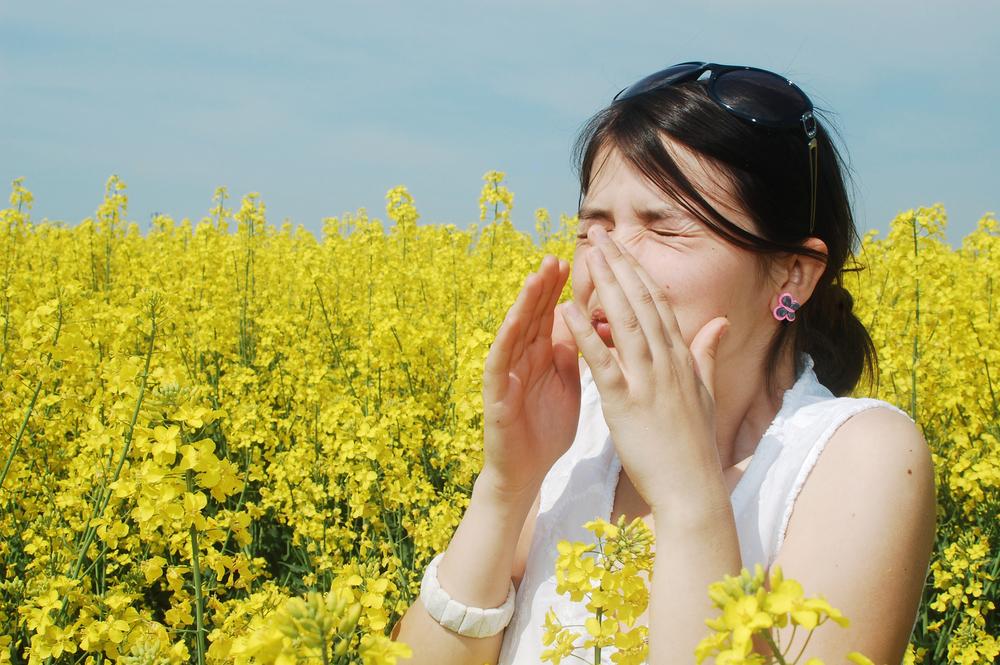Symptoms and signs of pollen allergies
Pollen allergy is one of the most common types of allergy. Most people have an adverse reaction to inhaling pollen. The immune system defends the body against harmful invaders, but in people with pollen allergies, the immune system identifies pollen as a danger and produces chemicals to fight against this pollen.

Pollen is very fine particles, found in trees, flowers, grass, and weeds. Some people have an allergic reaction to pollen all through the year, while some have them only during certain times of the year.
The symptoms and signs of pollen allergy include:
- Running nose
- Itchy and watery eyes
- Nasal congestion or blocked nose
- Cough
- Scratchy or itchy throat
- Swollen eyes
- Bluish skin below eyes
- Decreased sense of taste and smell
- Asthmatic attack
- Sinusitis
Diagnosis of pollen allergy
If you have the above signs of pollen allergy, then your diagnosis will involve the following:
Allergy skin tests: In this diagnosis, your skin is pricked with an extract of a specific allergen, which is usually a little bit of pollen. The reaction to this is then observed. It is one of the most sensitive testing methods and provides immediate results.
Allergy blood tests: This involves a blood test. After drawing blood, the sample is checked to see if you have any sign of allergies.
Treatment For pollen allergies
The best way to avoid pollen allergies would be to avoid any contact with pollen. However, this cannot be possible at all times because pollen is almost everywhere. However, consider getting yourself air purifiers, humidifiers, and filters.
Some o the treatments for pollen allergies include:
Nasal steroids
Nasal steroids are anti-inflammatory sprays that help in decreasing any kind of inflammation, swelling and excessive production of mucus. Taking this in low doses can help in treating any signs of pollen allergy.
Antihistamines
Histamine is a substance that causes allergic reactions like an itchy nose, watery eyes and excessive sneezing. Antihistamines counter the effects of histamines, thereby preventing your body from having reactions like a running nose or watery eyes.
Cromolyn Sodium
Cromolyn sodium comes in a form of a nasal spray, and can help prevent and stop hay fever by blocking the release of histamines and other reactions caused by chemicals in your body.
Decongestants
Decongestants come in both capsule as well as spray form, and they thin the nasal secretion and reduce any swelling or complications like a sinus disorder.
Immunotherapy
Immunotherapy by using allergy shots can provide great relief to allergy prone patients. It directly deals with the immune system, altering its response to the allergen or pollen. However, this treatment has side effects so it is always advisable to consult your doctor before opting for any medication or treatment.
A pollen allergy affects close to 30% of adults and 40% of children. Even though it is a common type of allergy, it is recommended that you consult your doctor if you experience any signs of pollen allergy.


